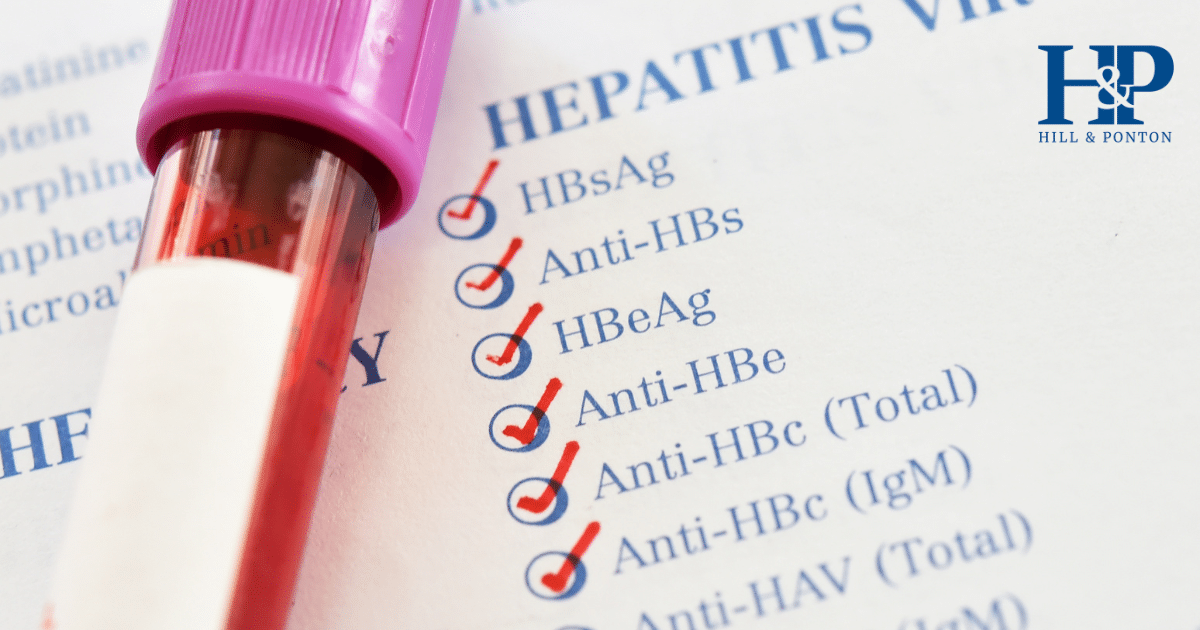Imagine you’re in charge of psychiatry for the military. You have the need to discharge large numbers of Military Personnel under the guise of psychiatric illness. You need to figure out an efficient system that will ensure the process is quick and inexpensive. Instead of diagnosing each and every discharge with an existing mental illness, wouldn’t it be much easier to just create a new mental illness, with vague symptoms that could be applied to nearly anyone?
In 1945, psychiatrist and Colonel William Menninger sent out a technical bulletin regarding soldiers who were being willfully incompetent, lazy and/or disobedient. As the saying goes, “when you have a hammer, everything looks like a nail,” and Menninger was a psychiatrist. His “hammer” was psychiatry, and he “diagnosed” these troops with a disorder of his own creation – “passive-aggressive personality disorder.”
The primary symptoms of this new disorder involved “pouting,” stubbornness, procrastination, inefficiency, and an unwillingness to follow orders in an efficient manner. Colonel Menninger theorized that these behaviors were due to “immaturity” and a “reaction to routine military stress.”
Wielding a new psychiatric disorder that was tailor-made for the military was extremely advantageous. This vague diagnosis was an effective way to streamline discharges for troops who were lazy or undisciplined, who were simply unliked, odd, or unwilling to blindly obey every order with enthusiasm. Given that the majority of veterans discharged with a PAPD diagnosis were diagnosed during active drafts is unsurprising. A draftee forced to serve in Vietnam can hardly be labelled as mentally ill because he was less than enthusiastic about his service.
Unfortunately, as I will demonstrate, it is extremely likely that many, many veterans have been denied care for real psychiatric problems due to the ease of this diagnosis. It is extremely likely that this simple bureaucratic trick has cost the lives of many military veterans.
After the war, the psychiatric community embraced this newfound disorder, and it was added to the diagnostic “bible,” the Diagnostic and Statistical Manual of Mental Disorders. Throughout the 60’s and 70’s, it became an extremely common diagnosis, even outside of a military setting, with up to 3% of psychiatric patients bearing the diagnosis. Just as the disorder was originally perfect for a military setting, where subordination and willingness to blindly obey orders were so important, in the psychiatric setting, patients are expected to obey all doctors and treatment staff, and an unwillingness to do so was often taken as a symptom of passive-aggression. Once again, the diagnosis was used to no treat or help patients, but to mark them as troublemakers.
Over the years, little research was really performed on passive-aggressive personality disorder. In later editions of the DSM, its entry listed symptoms such as “failing to do the laundry or to stock the kitchen with food because of procrastination and dawdling. It is interesting to note that one of the few inpatient PAPD studies, performed from 1960- 1970, had twice the number of female subjects than male, despite the fact that their study found no symptomatic differences between males and females. Again, it seems PAPD was being used as an instrument of control, this time in the civilian sector.
PAPD was relegated to the appendix in later editions of the DSM, and no longer even HAS a diagnostic code. PAPD is not a diagnosis that is made in order to help or treat mental illness. It is an easy way to give a veteran a mental health discharge without needing to spend more than 10 minutes with the veteran.
Almost every symptom of PAPD can be attributed to PTSD or depression (symptoms taken from the 1970 study, and DSM IV: )
Many of the symptoms mirror those in depression: “Passively resisting work,” “Sullen,” “complains of personal misfortune,” social isolation, gloomy, blunted affect, alcohol abuse, and suicidal ideation. Others are hallmarks of PTSD: argumentative, problems with authority, hostility, guarded, anxious, sleep disturbances.
In fact, the DSM IV explicitly states that doctors should ensure the symptoms are not the result of a depressive disorder, MANY veterans with depression have diagnoses of PAPD in their military past. Depression is a serious and deadly disease, and it is likely MANY veterans who were discharged with a PAPD diagnosis and denied healthcare and benefits have died from alcohol, drug abuse or suicide. Most of these veterans do not have personality tests in their medical records, and there is often no justification for their diagnosis besides a gut feeling by the military psychiatrist.
How many veterans have been “efficiently” discharged with a PAPD diagnosis that was actually severe depression, PTSD or another treatable mental illness? How many have died homeless, or become addicts or succumbed to suicide? I’ve discussed what the VA still gets wrong about personality disorders in the past, how veterans are denied benefits they need to survive, and healthcare they badly need.
Hopefully, the VA will eventually stop even acknowledging passive-aggressive personality disorder as a legitimate diagnosis. Perhaps they will finally accept that this diagnosis was a product of its time, and should be relegated to the history books.



